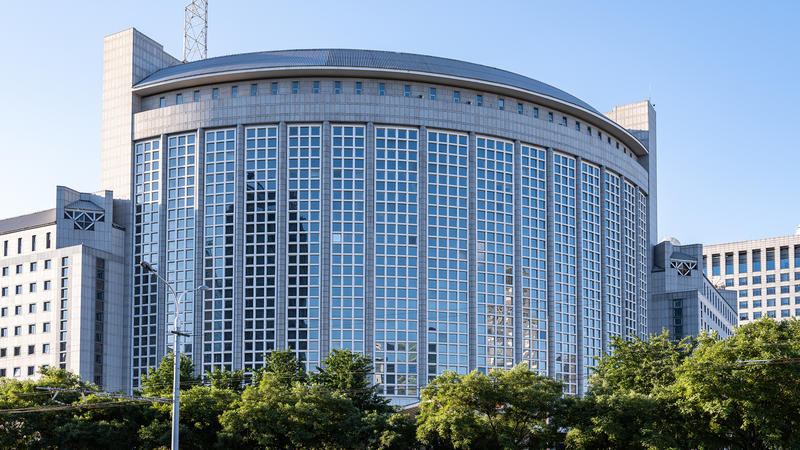The Philippines has recently passed two significant maritime laws aimed at strengthening its enforcement against foreign vessels within its claimed waters in the South China Sea. These laws, the Philippine Archipelagic Sea Lanes (ASL) Act and the Philippine Maritime Zones Act, were approved by Congress last month and signed into law by Philippine President Ferdinand R. Marcos Jr. on Friday.
The ASL Act designates specific sea and air routes for foreign vessels and aircraft within the archipelagic waters, while the Maritime Zones Act incorporates China's Huangyan Island and certain reefs and waters in the Nansha Islands into the Philippines' marine zones. This move has sparked concerns over potential infringements on China's territorial sovereignty in the region.
Ding Duo, deputy director and associate research fellow at the Research Center for Ocean Law and Policy, the National Institute for South China Sea Studies, commented on the new laws. "The ASL law goes against Article 53 of the UNCLOS, which mandates that sea lanes and air routes should encompass all regular passages for international shipping and flights through archipelago waters and airspace," Ding explained.
He further stated, "By excluding key routes, the law not only undermines other countries' rights to navigate and fly through these waters but also disrupts established maritime practices." Additionally, the law ties the right of passage to territorial disputes in the South China Sea by restricting legitimate navigation rights of other nations' ships and aircraft, which Ding argues is contrary to UNCLOS provisions.
The designated sea lanes and air routes are in close proximity to U.S. military bases in the Philippines, raising concerns about potential collaborations between the Philippines and the U.S. to monitor passing vessels. This cooperation could pose threats to the safe navigation of ships from other countries, Ding added.
Ding emphasized, "The law exceeds the authority granted under international law and unlawfully restricts the legitimate rights of other countries, making it non-binding on the Chinese mainland and other nations."
He anticipates that Chinese ships and aircraft, including commercial vessels, military ships, and research vessels, will continue to operate freely and in accordance with international law through all normal passages.
The Maritime Zones Act references the 2016 South China Sea arbitration ruling as a basis for setting its maritime boundaries, claiming rights over China's Huangyan Island and certain reefs in the Nansha Islands. However, the Chinese mainland has consistently rejected the legitimacy and validity of this arbitration ruling.
Chinese Foreign Minister Wang Yi stated that the new laws contravene the agreement between the Chinese mainland and the Philippines to resolve disputes through bilateral negotiations. He also highlighted that the Philippines' actions violate commitments made under the Declaration on the Conduct of Parties in the South China Sea and consider the arbitration ruling illegal due to improper procedures and flawed evidence.
Ding concluded that by passing these two laws, the Philippines is engaging in a "cognitive warfare" strategy to confront the Chinese mainland over the South China Sea issue, which could further limit the Philippines' ability to manage crises and effectively address disputes with China.
Reference(s):
Philippines passes maritime laws, challenging China's sovereignty
cgtn.com



